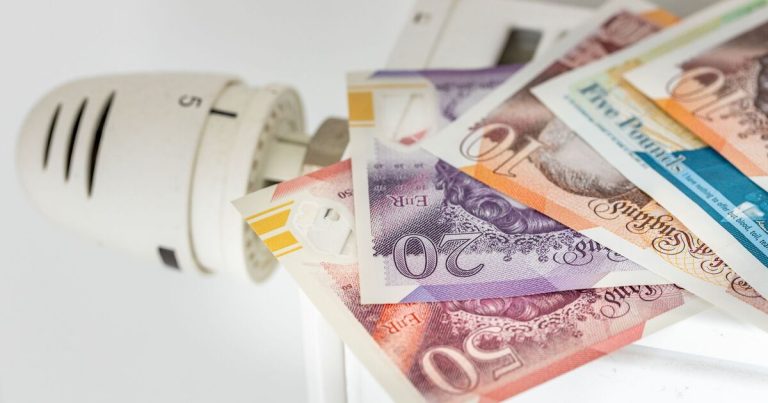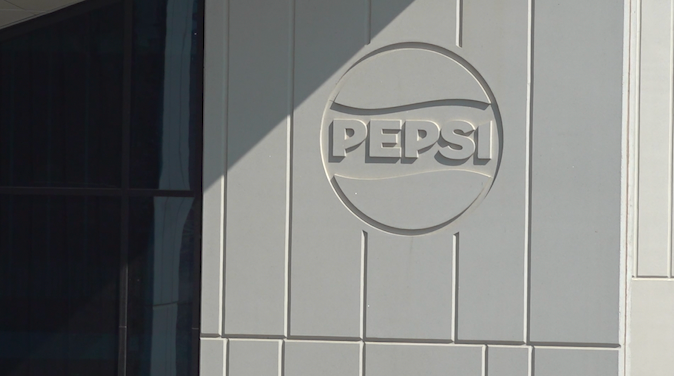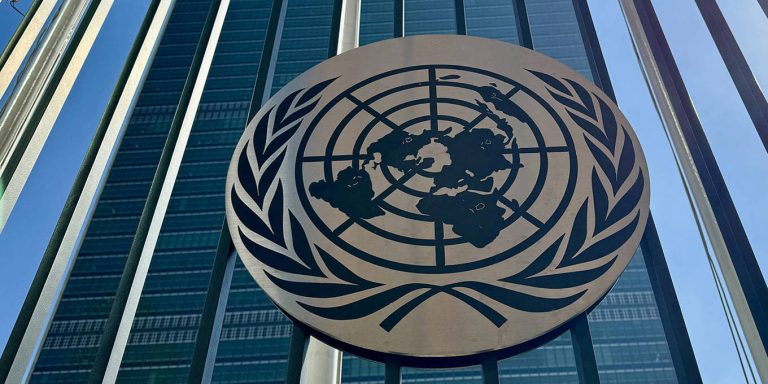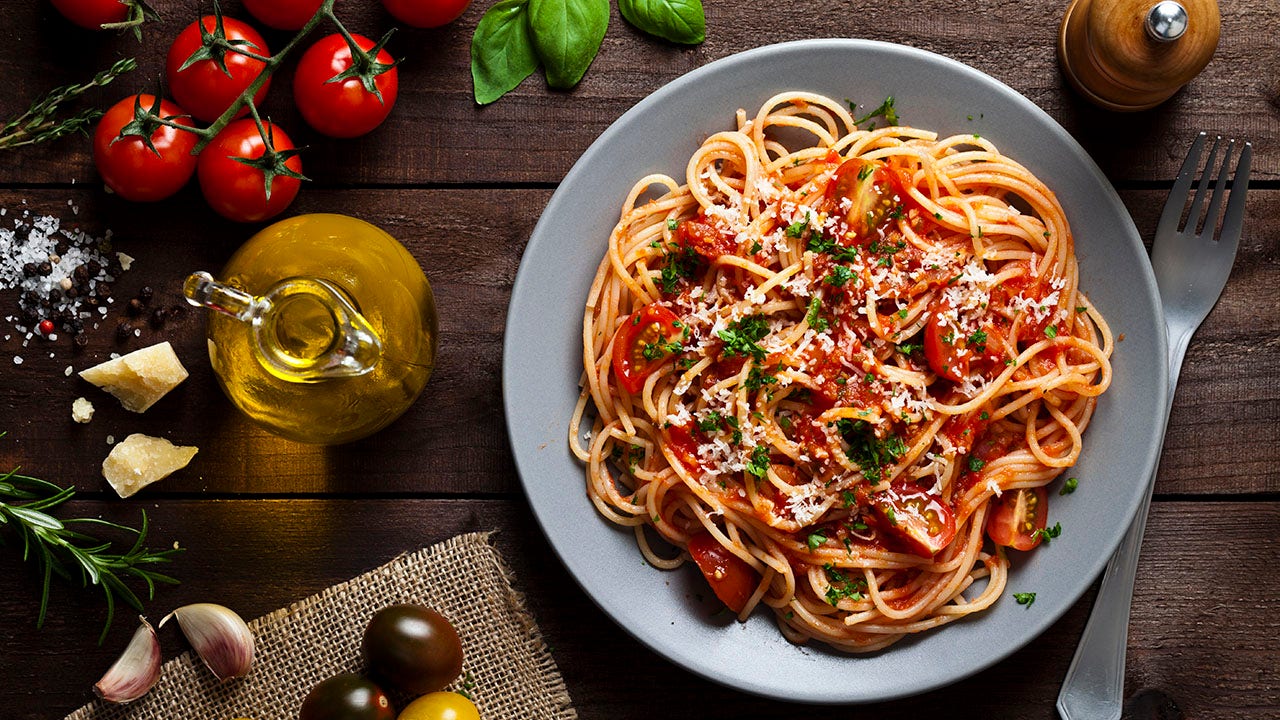
Brothers of Italy party leader Giorgia Meloni discusses Italy’s upcoming election after Premier Mario Draghi’s resignation, as well as the issues plaguing the country, including soaring inflation, on ‘Mornings with Maria.’
The Italian government convened a crisis commission last week to address pasta prices that have soared twice the rate of the country’s inflation.
Adolfo Urso, who serves as Italy’s industry minister, conducted the crisis talks as the price of pasta has skyrocketed 17.5% over the past year through March, according to Italian outlet La Repubblica.
The rate of inflation in Italy is 8.1%, according to the European Central Bank.
The average cost of pasta has surpassed $2.20 per kilogram in Italy, where approximately 60% of the population eat it every day, according to the Washington Post.
NEW JERSEY PASTA MYSTERY SOLVED AFTER SOCIAL MEDIA RUNS WILD WITH VIRAL IMAGES
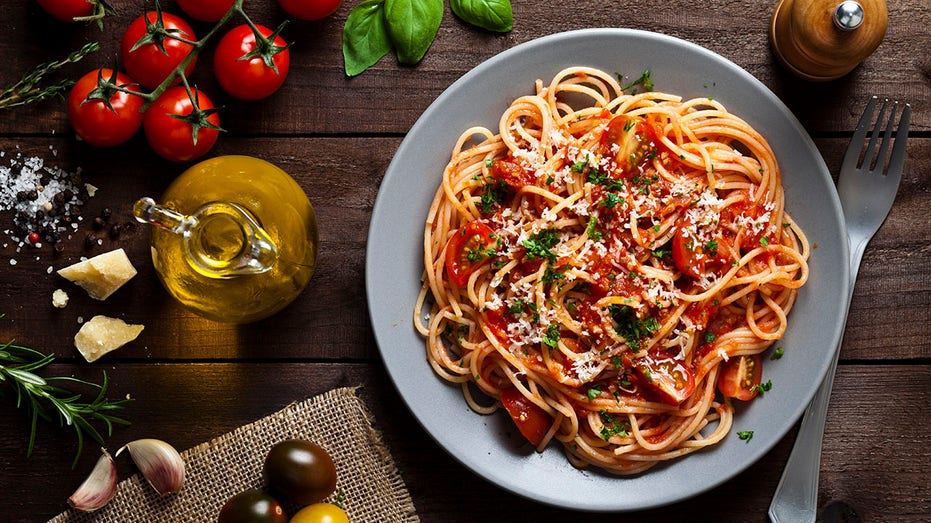
The price of pasta in Italy has skyrocketed twice the rate of the country’s inflation. (iStock / iStock)
Consumer groups have filed a complaint alleging speculation as pasta producers attribute the rising prices to factors that include rising energy costs, supply chain disruptions and inflation.
Activists maintain that because pasta is typically made with only durum wheat and water, the price should be roughly commensurate with the price of wheat. The price of wheat has decreased 30%, according to consumer rights group Assoutenti.
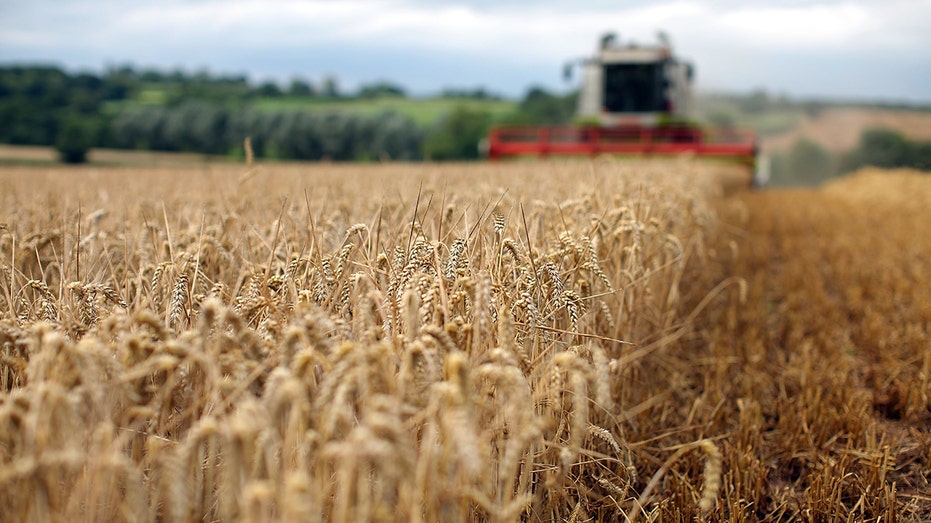
Activists in Italy argue that the price of pasta should be roughly commensurate with the price of wheat, which has reportedly decreased 30%. (Christopher Furlong/Getty Images / Getty Images)
“There is no justification for the increases other than pure speculation on the part of the large food groups who also want to supplement their budgets with extra profits,” Assoutenti president Furio Truzzi said, according to the Washington Post.
Michele Crippa, a professor of gastronomic science in Italy, told the outlet that the pasta price hike is attributable to the Russian invasion of Ukraine, which he said drove up food and energy prices.
UKRAINE’S ZELENSKYY PAYS VISIT TO POPE FRANCIS, ITALIAN OFFICIALS IN ROME BEFORE GERMANY TRIP
“Pasta on the shelves today was produced months ago when durum wheat [was] purchased at high prices and with energy costs at the peak of the crisis,” he said.

Adolfo Urso, who serves as Italy’s industry minister, conducted the crisis talks as the price of pasta has skyrocketed 17.5% throughout the past year through March. (NurPhoto/Getty Images / Getty Images)
Price Surveillance Guarantor Benedetto Mineo, who led the crisis discussions, promised that “a significant drop in the cost of pasta is expected shortly.”
CLICK HERE TO GET THE FOX NEWS APP
“Pasta is a primary food for the Italian diet. Increasing its price would be like raising the price of corn cob for Americans,” he said.



